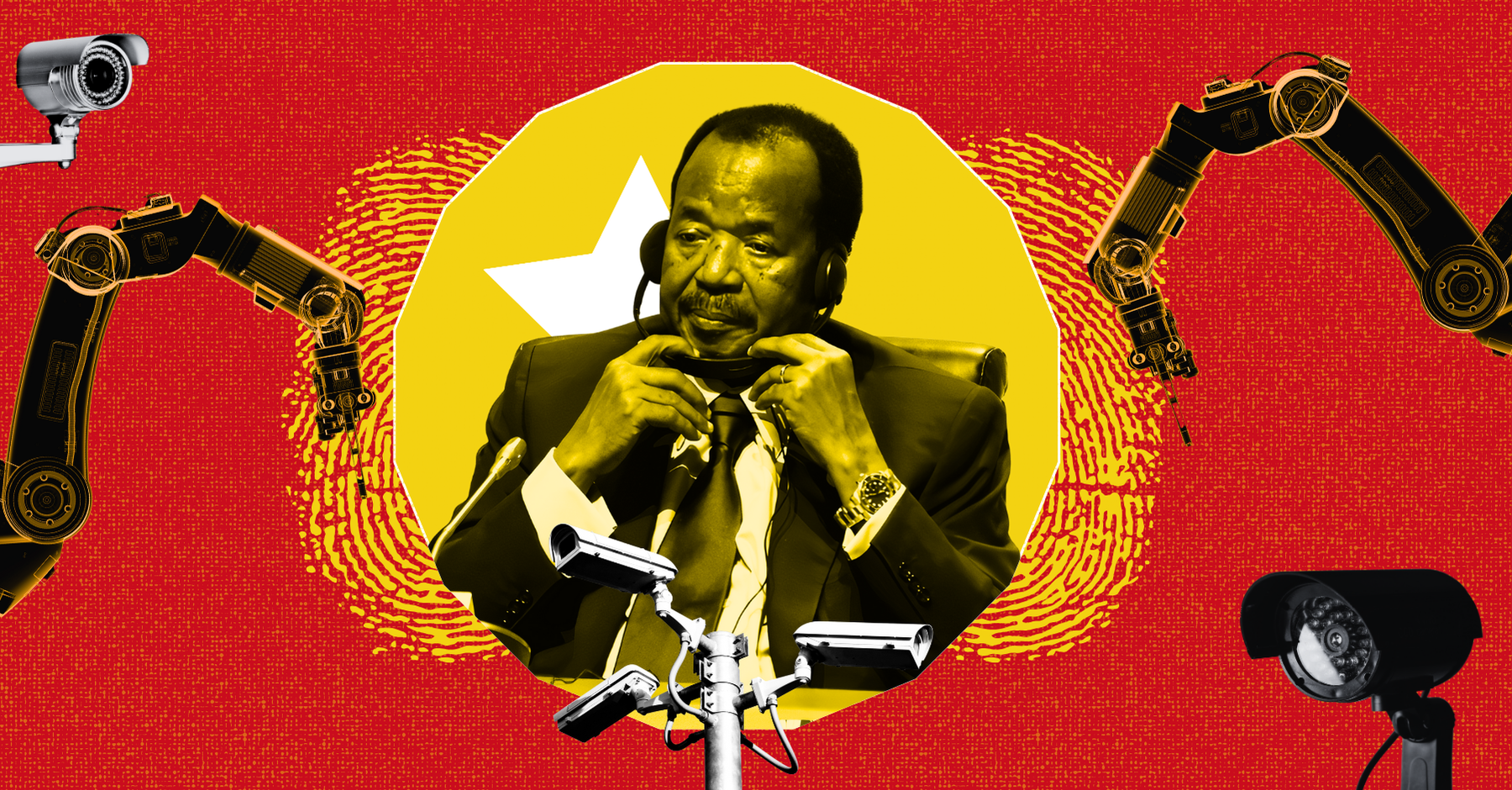Cameroon’s Hi-Tech Illusion
Cameroon is currently led by the world’s oldest president, who, in recent years, has taken significant steps to ‘modernize’ the state through digital technology. With Paul Biya seeking re-election in 2025, Cameroonians have an added reason to pay critical attention to his national technological agenda.
When African leaders or states intentionally pursue ‘development’ through systematic adoption of technology-centred reform policies, they are often lauded as ingenious or even visionary, aligning with the spirit of our time. In an era defined by pervasive technicization—where technology penetrates almost every facet of social life—such inclinations to transform society through technology are often supported by multinational corporations and other advocates of global capitalism. Technologies are often heralded as the new oracles of engineers and technicians; poised to liberate parts of the world from poverty, suffering and ‘underdevelopment’. Yet, this simplistic vision reduces technology to a mere artefact for acquiring, installing and utilizing in a domain, as though technology is neutral or detached from context. This simplistic vision also overlooks how embedded technologies are in socio-economic ecosystems endowed with certain infrastructures, institutions and resources. A classic example comes to mind: a technological project dependent on electricity but implemented in a political economy where energy supply is unreliable or non-existent.
So, what criteria should guide these technological imperatives? At what stage should they be made? What are the associated institutional frameworks and organizational prerequisites required to ensure success? Too often, technological decisions are embedded within a political logic driven more by the desire to project an image of modernity or state efficiency than by a genuine understanding of the sociotechnical and geopolitical implications they entail. Far from being neutral solutions, technologies shape the ways that societies are constructed and define the contours of international relations. They are often outcomes of political decision-making processes that demand rigorous scrutiny to avoid the pitfalls of poorly conceived technicization—a phenomenon all too common globally: marked by costly projects, flagrant failures and substantial resource wastage.
Cameroon’s forthcoming presidential elections scheduled for October 2025—which may see the re-election of 91-year-old Paul Biya, who has served for nearly 40 years—prompts a critical review of the policies and reforms undertaken to ‘modernize’ the country of the world’s oldest leader; including the technocratic foundations and structural implications for national and global society. These policies form part of what Biya has referred to as Cameroon’s ‘major structural projects’ aimed at transforming it into an emerging country by 2035; they include the construction of large-scale energy, road and port infrastructure, as well as the digitization of public services...
Every year, The Republic publishes the most ambitious writing focused on Africa, from news and analysis to long-form features.
To continue reading, Register for a Free Pass.
Already a subscriber? Log in.




